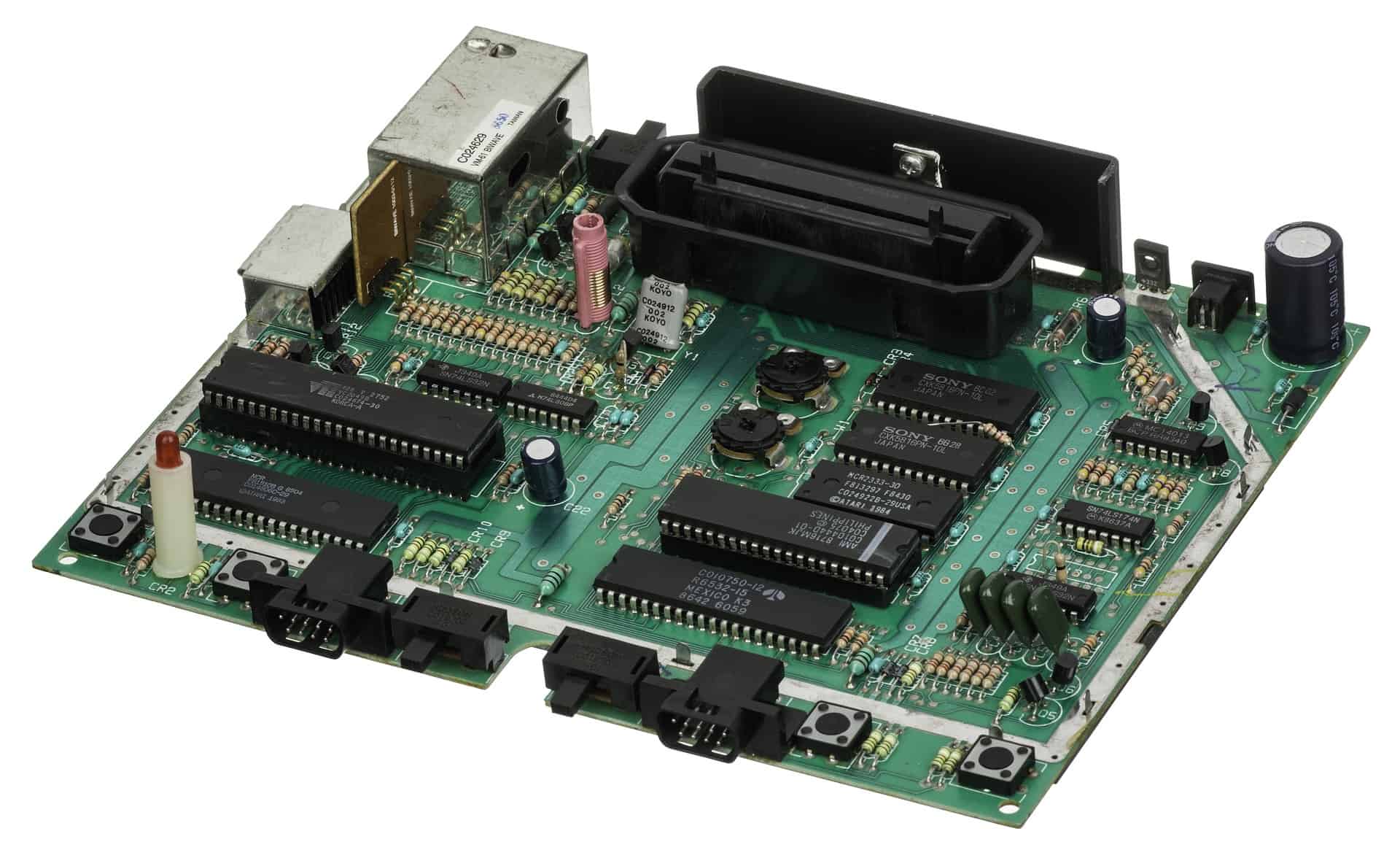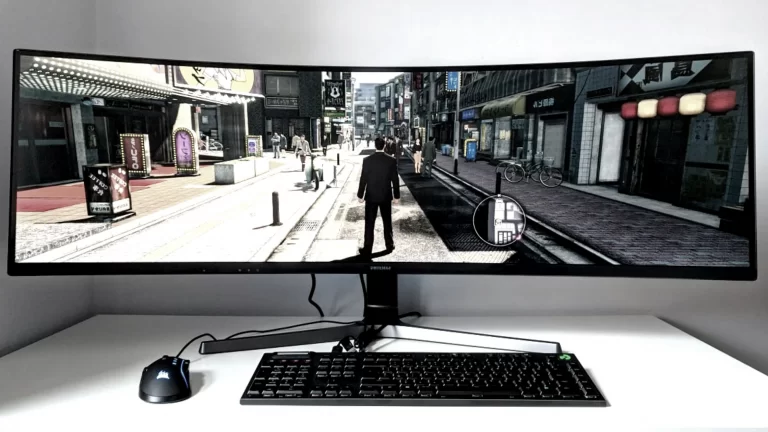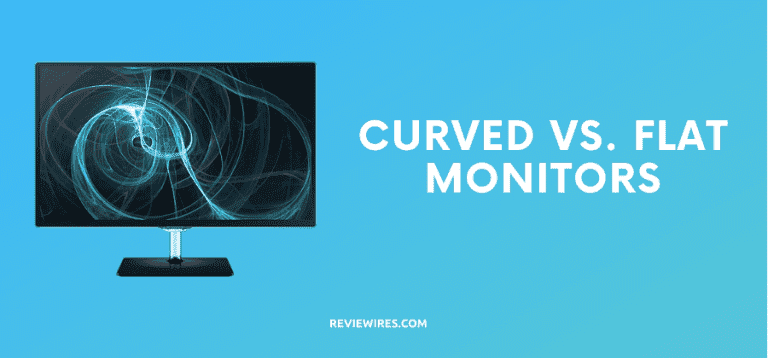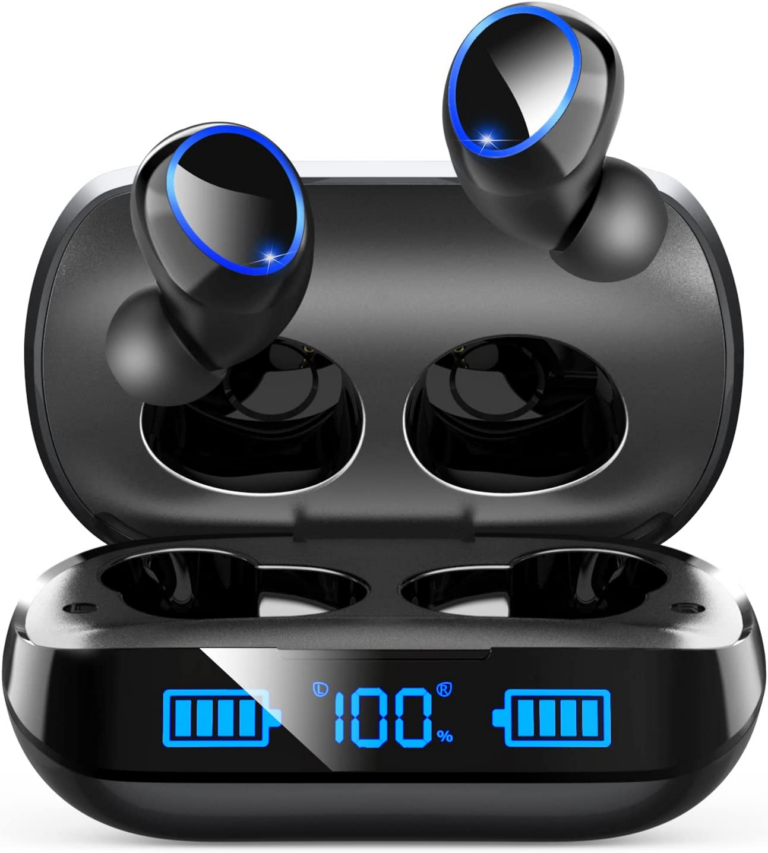How to Prevent Unwanted Motherboard Damage on Your Computer and 4 Simple Tips
From faulty power supplies to careless handling, motherboard damage can be caused by many factors. In this blog, we’ll take a closer look at why motherboards can become damaged and what you can do to prevent such damage from occurring.

Common Causes of Motherboard Damage
Motherboards are the backbone of any computer system. Often referred to as the mainboard, the motherboard is the most important component in constructing any PC. But it’s also one of the most fragile components and is prone to damage.
So why do motherboards get damaged? Unfortunately, there are a variety of factors that can contribute to damage, ranging from environmental hazards to user error. In this blog post, we’ll look at some of the most common causes of motherboard damage, as well as some tips to help protect your motherboard from getting damaged.
One common cause of motherboard damage is static electricity. Static electricity is a built-up charge that can occur when two objects come in contacts, such as when you touch a doorknob or a piece of paper. If a static shock occurs while the computer is running, it can cause damage to the motherboard. Always ground yourself before handling any components to prevent static electricity from damaging your motherboard.
Another common cause of damage comes from excessive heat. Overheating can cause permanent damage to the motherboard and can even lead to failure. This is why it’s important to ensure that your PC case is well-ventilated and that your fans are running properly. Additionally, proper maintenance of your components can help prevent heat-related damage.
Sometimes, however, it’s not environmental factors that cause damage to the motherboard. Human error can also be a problem, especially if the user is unfamiliar with the components. For example, if a user connects a component wrong, the motherboard can be damaged. When handling components, it’s important to be familiar with the manufacturer’s instructions and to double-check your work.
Finally, even natural disasters can cause damage to the motherboard. Severe weather can cause power surges and electrical outages, damaging the motherboard. It’s important to have your system connected to a surge protector and battery backup to protect the motherboard from such events.
In conclusion, there are a variety of common causes of motherboard damage. From static electricity to environmental hazards, it’s important to be aware of the risks and take the necessary steps to protect your system. Following the tips outlined above can reduce the chances of your motherboard getting damaged and keep your PC running smoothly.
Preventative Measures to Avoid Motherboard Damage
Regarding computer hardware, motherboards are some of the most important components. Without a properly functioning motherboard, computers will not work correctly. Unfortunately, motherboards can be damaged easily due to a variety of causes. This can not only lead to expensive repairs but can also cause data loss or system instability.
To avoid these costly and inconvenient problems, it is important to take preventative measures to ensure your motherboard stays in top condition. Here are some tips to help prevent motherboard damage and keep your system running smoothly.
1. Avoid Overheating: One of the most common causes of motherboard damage is overheating. When your computer is running, the motherboard can get quite hot. To help prevent overheating, ensure your computer is in a well-ventilated area and that any fans are clean and working properly. Additionally, ensure that your computer is not running too many programs simultaneously.
2. Power Outages: Power outages can cause damage to your motherboard, as they can cause sudden power surges or spikes. To help protect your system, ensure your computer is equipped with a good surge protector. Additionally, ensure that your home’s power grhome’sreliable, as power outages can cause more damage than just your motherboard.
3. Moisture: Moisture can also cause damage to your motherboard, as it can cause corrosion or short-circuiting. To help prevent moisture-related damage, ensure that your computer is in a dry environment and that any liquids are kept away from your motherboard.
4. Dust: Dust can also cause damage to your motherboard, as it can clog the components and lead to overheating. To help prevent dust-related damage, clean the inside of your computer regularly. Additionally, ensure that any fans installed in your computer are dust-free and working properly.
Following these tips can help prevent damage to your motherboard and keep your system running smoothly. If your computer suffers any damage, it is important to take it to a professional for repairs, as attempting to repair it yourself can cause further damage. With proper care and maintenance, you can ensure that your motherboard stays in top condition and that you can enjoy your computer for years to come.
Frequently Asked Questions
What are the common causes of why a motherboard gets damaged?
Common causes of motherboard damage include overheating due to inadequate cooling, static electricity, physical damage from mishandling, and power surges.
What are the signs of a damaged motherboard?
Signs of a damaged motherboard include beeping or ticking noises, blue-screen errors, random restarts or shutdowns, and no video output.
How can I prevent my motherboard from getting damaged?
To prevent motherboard damage, keep your system clean and dust-free, use proper cooling solutions, install surge protectors, and handle your components with care.
Can I repair a damaged motherboard?
In some cases, a damaged motherboard can be repaired. However, it is generally recommended to replace it with a new one.
Motherboard Cleaner
If your motherboard needs to be cleaned, then make sure you have the exact cleaning kit you need by purchasing this kit from Amazon:

Conclusion
In conclusion, motherboard damage can occur for various reasons, such as physical damage, incorrect installation, high voltage, static electricity, overheating, dust buildup, and even water damage. These factors can be prevented by proper care and maintenance of the motherboard and its components. Taking the necessary precautions will help ensure that your motherboard remains in good working condition and avoids potential damage.




